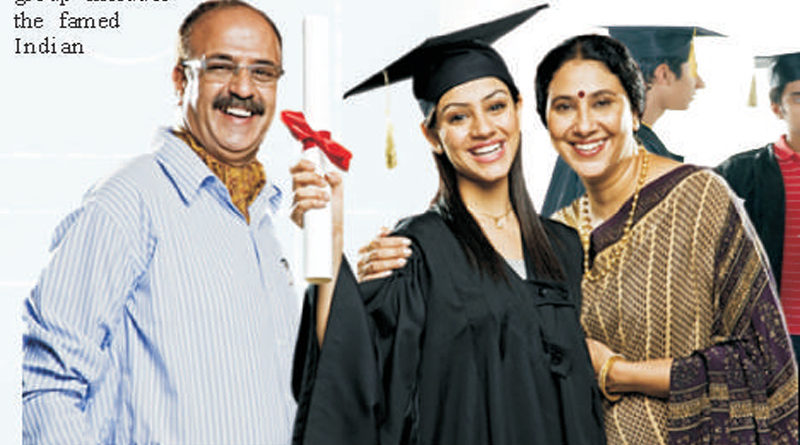Innovation Oriented Initiatives in Higher Education
Statistically speaking, India for its 1.25 billion people offers higher or tertiary level education through nearly 800 universities (including central, slate, private, deemed and all other categories) who are mostly governed by the University Grants Commission (UGC) and nearly 800 Institutes of National Importance (INIs) which were created through special acts of the Parliament or Slate Assemblies who directly report either to the Central or State Government. The latter group includes the famed Indian Institute of Technology (IITs), Indian Institutes of Management (IIMs), All India Institutes of Medical Sciences (All MS) etc. The chain of IITs and National Institutes of Technology (NITs) represent the top echelon of technology institutes in the country which can boast of the most modern curriculum and infrastructure, though many state level university engineering departments are no less eminent in terms of their contributions and track record.
Like all other seats of higher learning, engineering institutions too primarily deal with and locus on a single entity–knowledge, which they either disseminate (by teaching) or create (by research).
In order to remain relevant and serve the society, engineering education needs a special outlook or approach different than conventional pedagogic style only consisting of lecture, discourse, monologue, text books, notes and examination leading to a degree without practical training for invention and innovation.
Science Engineering Technology
Successful pursuit in science, engineering and technology yields discovery (a new law, element or compound, phenomenon), invention (a new principle, device, drug, machine, process), and innovation (a new and economical product or process), respectively. Therefore, engineering education must build on relevant scientific theories and principles to address the issues of ‘need’ of the society; e.g. high strength material, greater thermal/electrical conductivity, affordable health care, sustainable energy resources, remedial measures for carbon footprint, efficient devices/ machines etc.
Innovation has become synonymous with evolution and progress in life. Education is the only way to effectively train the population not only to benefit from the exploits and fruits of innovation but also to actively participate and contribute to this crusade for treating a better, safer and healthier planet.
MHRD Initiatives on Promotion of Innovation
In recent times, the Higher Education Department of the Ministry of Human Resource Development (MHRD) has launched several new and innovative programs to make higher education more pervasive and effective and usher in significant positive changes in the higher education system, particularly in engineering and technology. Some of the notable initiatives are summarized below:
Research and Innovation: Start up India Initiative for HEIs
To promote the culture of ‘innovation’ in tune with the declaration of 21st century as the century- of innovation and our Prime Minister’s desire to dedicate 2010-20 as the ‘Decade of Innovation’, MHRD has launched MHRD Innovation Cell (MIC) and Atal Ranking of Institutions on Innovation Achievements (ARIIA) to systematically foster the culture of innovation in all higher education institutes (HEIs) across the country by encouraging and nurturing young students to explore new ideas that can result into innovative products and activities and in turn can make them successful entrepreneurs one day. The initiative envisages creation of 1000 Institute Innovation Centers (IIC) across the country 10 spread awareness, promote the culture of innovation among students and create an effective eco system for ushering in ‘New India’ that can compete with the likes of Stanford and MIT.
Global Initiative for Academic Network (GIAN)
MHRD initiative on creating a new program titled Global Initiative of Academic Networks (GIAN) in Higher Education aims to connect the Indian academia with the international talent pool of scientists and entrepreneurs by inviting them to teach and participate in research in Indian HEIs. GIAN should augment quality of professionals in academia, and elevate India’s scientific and technological standing in the global benchmark.
Digital India-e-learning
The main objective of this virtual classroom initiative is to enable millions of youth outside the university campus to access best quality teachers and teaching courses in an easy paced manner without having to pay large admission/tuition fees or even qualify through JEE or other entrance examinations. MOOCs will allow limited interaction with faculty, take examinations and even earn certificates that may help in getting employment.
Writer: Indranil Manna
(Writer is the national coordinator of IMPRINT and former Director of IIT Kanpur and CSIR-CGCRI)

